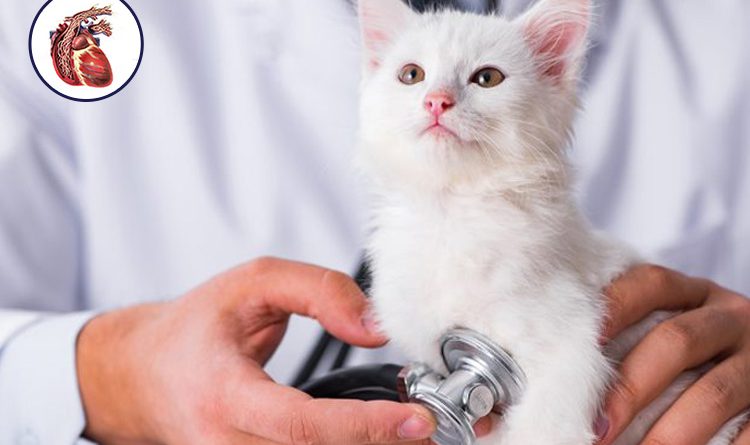Heartworm Handbook for Cat Parents
Although the cats are less susceptible to heartworm disease, one must not take any risk and at least be aware of what the disease is and how can it affect your cat. Heartworm disease in felines is distinctive from that in dogs. Cats are not a general host for heartworm disease because most of the time the worm does not survive till the adult stage in these pets. So, what are you thinking no adult worms means no harm. Fact to be noted, immature forms of heartworms also possess threat to the cat’s body. It can create a critical heart situation like Heartworm Associated Respiratory Disease (HARD), which can go on undetected in the felines. So, to secure your cat from this threat it is useful to use prevention instead of watching your kitty suffer later on.
The cause of this dreadful disease is a mosquito. Female mosquitoes carry the heartworms larva and infect the pets when bite them. When a mosquito bites an infected animal, it picks up the worms or better known a microfilaria, which develops into infected larvae over a period of 10- 14 days. After that when the infected mosquito bites a vulnerable pet, the larvae infects the pet and enters inside its body. Afterwards it takes almost 6 months for the larvae to mature into adult heartworms. After which the heartworms can live for 2 or 3 years in cats.
There are not many varied symptoms for heartworm detection in cats but some of the common ones are coughing, unusual breathing, periodic vomiting, loss of weight and appetite, difficulty in walking, sudden collapse etc.
Since heartworm infection is hard to detect in cats than in dogs so to screen the cats the vets use both antigen and antibody test. Your vet may also take various x-rays and ultrasound for detection of heartworm infection. But, to be on a safer side, prevention is a must.
Here are a few prevention tips that you can endure to secure your kitty:
1. Avoid mosquitoes to breed around in the surroundings.
2. For indoor cats, to safeguard them from mosquitoes put a safe shield like screens on windows.
3. Watch out for all the signs and symptoms closely.
4. Have an annual checkup without fail. If you have any doubt or your kitty is depicting signs that you aren’t able to understand, immediately take her to the vet.
5. Treatment is quite costly and involves surgical process, to avoid those take good care of your feline pal, feed her healthy diet and ensure her safety in all ways.
BudgetVetcare provide heartworm preventives to protect dogs against heartworms.




